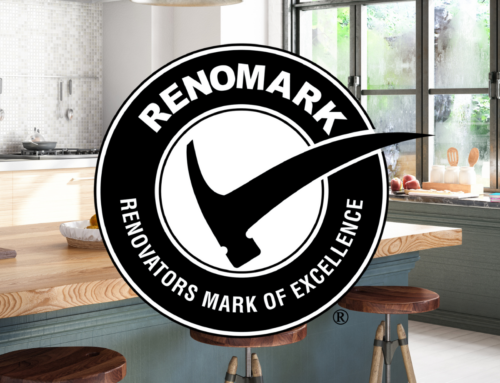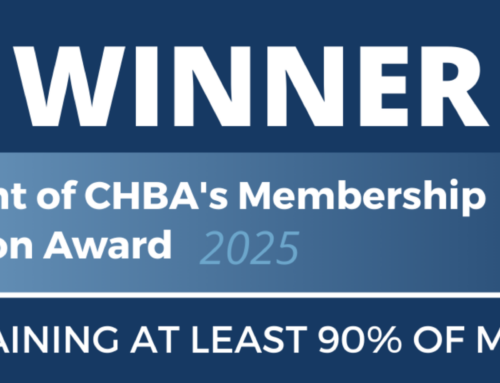By Rick Goldring
My career has spanned over thirty years in financial services, and I am fortunate to have worked with some very successful entrepreneurs and high net worth families. Many are asset-rich in the areas of real estate and private equity having built valuable portfolios in real estate, business, and other investments over many years. Wise businesspeople and investors know they need to take steps to minimize the tax impact on the assets they have worked so diligently to build and accumulate. Like most people, they want to retain as much capital as possible for their families and charities, and not have it directed to the Canada Revenue Agency (CRA).
Many people with significant wealth feel confident in their financial futures. They don’t realize that once estate taxes are paid, that wealth will be greatly reduced.
Assume you have a $30 million real estate portfolio that cost originally $6 million, you have a $24 million capital gain that will be subject to a tax of 27%. At death your estate will have to come up with approximately $6 million to pay those taxes.
The following are the four main options available to you to satisfy the tax requirements of the CRA.
- Cash. Few wealthy people keep millions in cash deposits. Those who invest successfully in real estate, for example, often refinance the value of their assets to buy more real estate; the same applies to those owning businesses and private equity.
- Borrowing. Where will your family get a loan?
What will the interest rate, market conditions and the length of time to pay off the loan be?
- Sell the Real Estate, Business or other Assets. This is an extreme approach and not an ideal strategy to deal with taxes and raises other questions.
What property or investments should be sold? Is it the best time to sell?
Will the business be worth 100% of its value if the key person has died?
Selling a business or real estate to fund taxes is akin to cutting down a money tree.
- The Solution Using Tax-Exempt Life Insurance is the most cost-effective, least expensive way of dealing with the tax issue. Many people will resist this idea as they believe that life insurance is an expense just like auto or home insurance; the premiums are viewed as having cost with little return in value. Likely no one has explained to them the many advantages life insurance structures can provide in their lifetime.
Permanent Life Insurance
This is the Solution when Life Insurance becomes an asset, not an expense. Real Estate Investors can use the cash surrender value of their permanent insurance policies to invest in more real estate or their businesses; in so doing they can often deduct the interest costs.
There are very four tax-exempt financial tools remaining in Canada: your principal residence, lottery winnings, Tax Free Savings Accounts and Life Insurance. The Life Insurance I am referencing is not term insurance that expires after a specific time frame. Term Insurance is like renting a home – you get the use of it while you pay to live there, but no equity when you leave.
There are two components of Permanent life Insurance:
The Cash Value or “equity” that builds up tax free within the policy while, the Death Benefit is the coverage that the policy pays out when the life insured passes away. The cash value or “equity” is an asset that can be leveraged for different purposes.
Used properly, Permanent Insurance can be used as a tax-effective way to accumulate passive wealth inside a company, enjoy access to that wealth and transfer it to surviving beneficiaries, in the most tax effective way.
In certain circumstances, a strategy called the “Immediate Financing Arrangement” (IFA) can be used, which in essence lowers the cost of the insurance dramatically by leveraging the values building up in the policy to re-invest into real estate or other investments. In short, your money will keep working for you throughout your life and possibly beyond.
Our team of experienced advisors are available to help. Contact us for a no-obligation consultation. We can customize an insurance plan to suit your needs.
Rick Goldring B.A., CFP, CLU,CH.F.C. can be reached at rick@rickgoldring.com and 905-320-3656.






